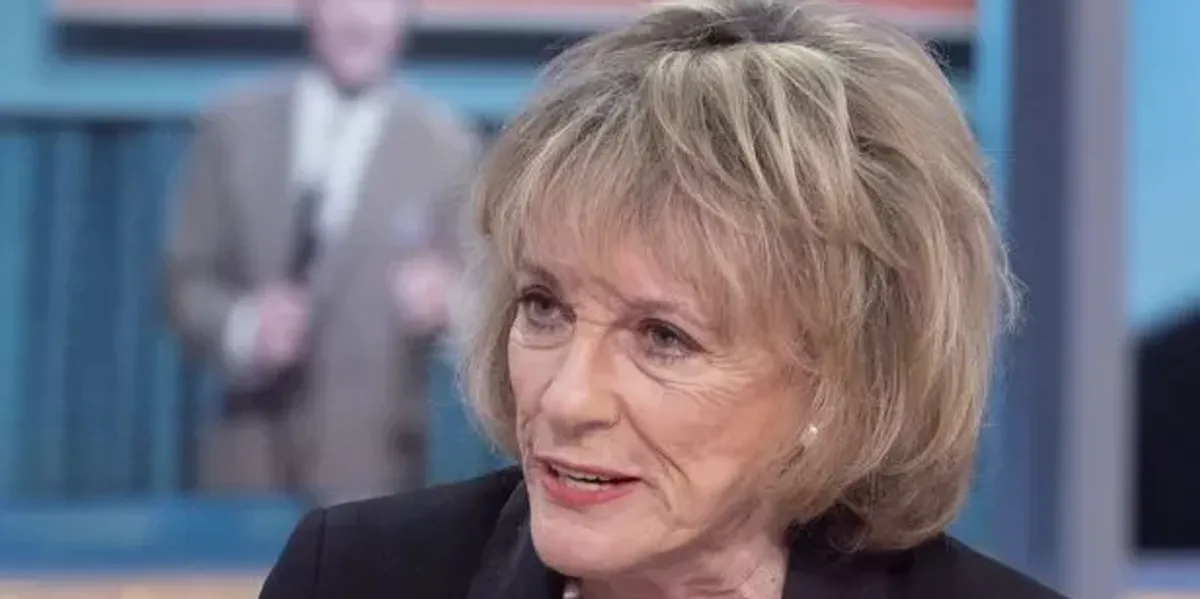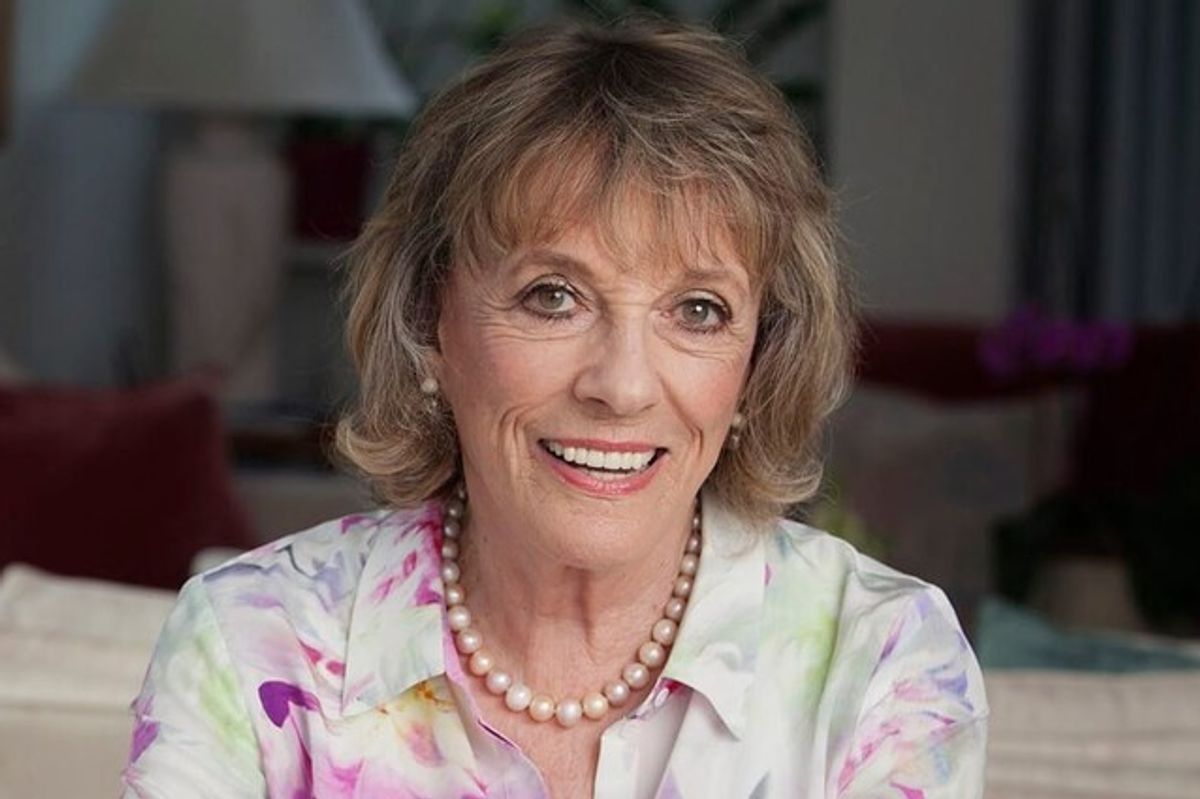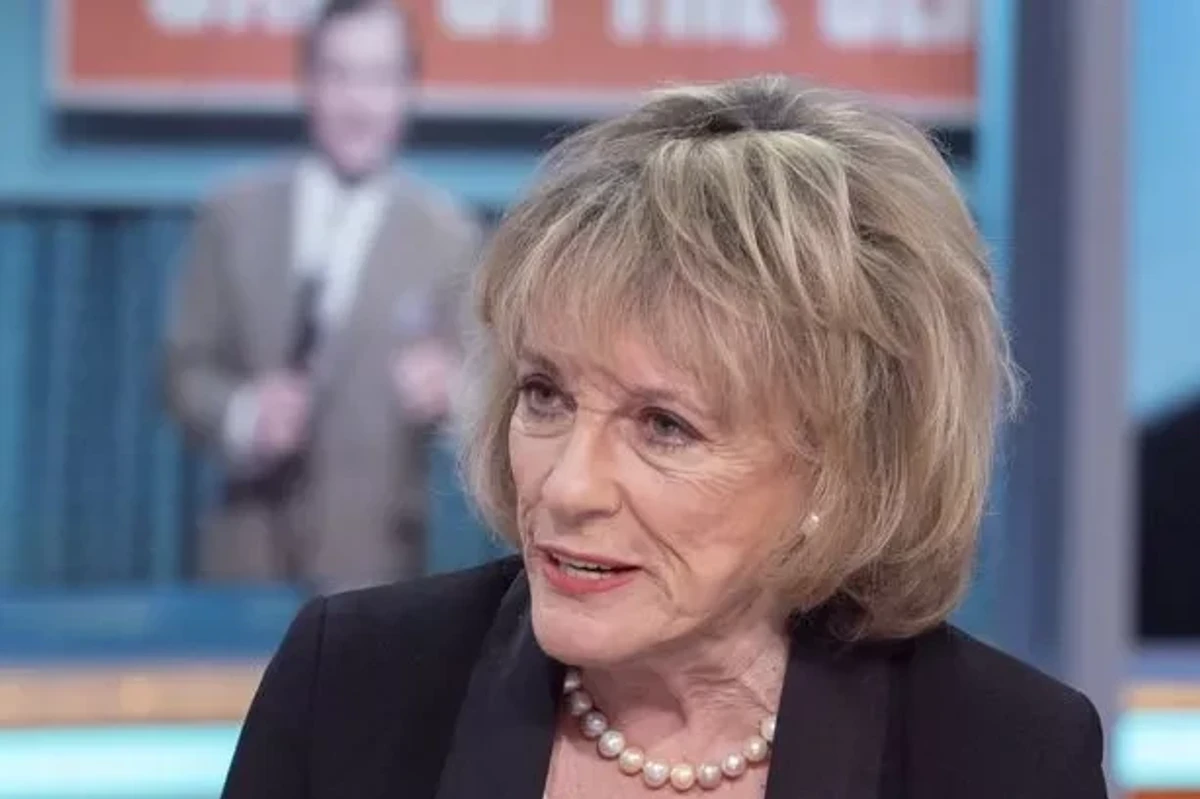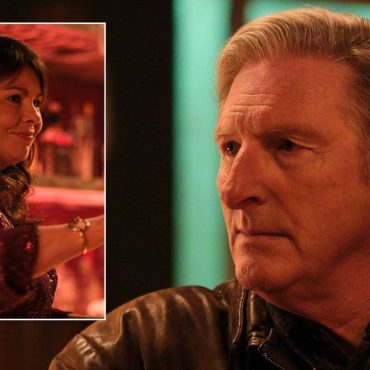Esther Rantzen has admitted her worries when it comes to the BBC’s representation of the Jewish religion as the broadcaster continues to mispronounce important words.
Whilst Rantzen was born in Berkhamsted, Hertfordshire, England she has been very open about her Jewish background.
Her paternal line was traced back as far as the 1760s to an established Jewish neighbourhood in Warsaw – but has been vocal about her agnostic beliefs in her adult life.
Whilst the TV presenter has had a staggering career with the BBC, she recently opened up about her worries that it is failing to correctly represent the Jewish culture.
She told Radio Times that she had learnt about the full horror of the Holocaust when she was in her teenage years from survivors of the concentration camps.
“I know how immensely lucky I am, as a Jew born in England in 1940. I can’t remember being affected by antisemitism during my career.

Esther voiced her concern over the misrepresentation of Jewish people in the BBC
GETTY
“Although I do remember in the 1980s attending a charity event, and being given a lift by a member of the House of Lords and his wife in their stretch limo.”
She happily admitted that she owed a lot to her Jewish background and now envies those who still believe in their faith.
“It worries me that when a Jewish word is used on the BBC it’s often mispronounced. For instance, Rosh Hashanah, the Jewish Holy Day, was pronounced wrongly recently.
“There aren’t enough Jews in production teams, perhaps, or in the Pronunciation Unit. If there still is a BBC Pronunciation Unit.”

Esther has noted she turned agnostic in her adult life
GETTY
The BBC recently came under fire after being accused by Jewish employees of applying double standards after they were instructed to avoid participation in a march against Antisemitism.
A source told the Times of London: “If the BBC believes that racism is racism and not acceptable in any shape or form, then going on a rally against antisemitism shouldn’t be an issue.”
According to BBC guidelines, editorial staff “should not participate in public demonstrations or gatherings about controversial issues”.
Jewish journalists argue that protesting against racism should not be regarded as a controversial or partisan issue and that the BBC should not stand in their way.

Esther has admitted her worry for the BBC
ITV
As well as her worry about misrepresentation within the BBC, she also expressed she was “not confident” when it came to the future of the broadcaster.
She noted: “Today we live in a world of fake news, vitriolic social media, malevolent conspiracy theorists and bigotry.
“The BBC is often criticised because it has a responsibility to the public who pay for it. Somehow, through a jungle of misreporting, the BBC needs to tread a careful, objective path.”














Post comments (0)